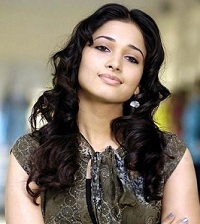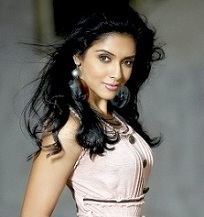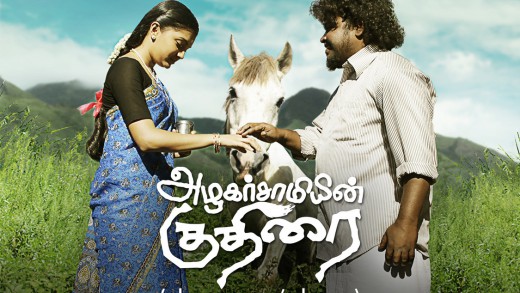Ever watched a Tamil film, and noticed that the way some actresses moved their lips didn’t correspond with the voices that were supposed to be theirs? Don’t worry, you’re not losing it. These days, it’s often difficult to come across an actress, in Kollywood, who can speak Tamil fluently.
So, what happens when an actor or actress in the Tamil film industry can’t speak Tamil? They move their lips and a voice artist lends their voice to their characters. That’s the process of dubbing. Voice artists and dubbing are essential to Tamil Cinema since, most of the time, actresses in the industry cannot speak Tamil fluently. Popular actresses who use dubbing artists include Shriya, Tamannah, Genelia D’Souza, Anushka, Sameera Reddy and, more recently, Hansika Motwani, Karthika Nair, and Taapsee Pannu. Although actresses use dubbing artists more often, some actors use them as well.
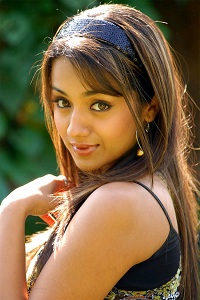 That’s not to say that all actresses who use dubbing artists do so because they can’t speak Tamil. There are some who can speak fluently, but choose not to use their own voices (e.g. Nayanthara and Trisha). Trisha’s mother tongue is Tamil, yet, for most of her Kollywood career, she has used a voice artist with the exceptions of Mani Ratnam’s ‘Aayutha Ezhuthu’ (2004), K.S. Ravikumar’s ‘Manmadhan Ambu’ (2010) and, recent blockbuster, Venkat Prabhu’s ‘Mankatha’.
That’s not to say that all actresses who use dubbing artists do so because they can’t speak Tamil. There are some who can speak fluently, but choose not to use their own voices (e.g. Nayanthara and Trisha). Trisha’s mother tongue is Tamil, yet, for most of her Kollywood career, she has used a voice artist with the exceptions of Mani Ratnam’s ‘Aayutha Ezhuthu’ (2004), K.S. Ravikumar’s ‘Manmadhan Ambu’ (2010) and, recent blockbuster, Venkat Prabhu’s ‘Mankatha’.
Asin Thottumkal is a prime example of an actress who can speak fluent Tamil and uses her own voice in all her films. Her lively voice is one of her signature attributes. Meanwhile Priya Anand, who we recently saw in Jayendra’s ‘Nootrenbadhu’, dubbed for herself in that film. When I asked her, via Twitter, if she enjoyed the experience and if she wanted to continue dubbing for herself, she said, “of course I will! It is part of my job… a part I enjoy the most!”
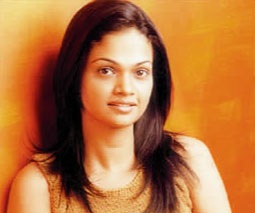 So, do actresses who use voice artists deserve full credit for their roles in films? Dubbing is the art of acting through one’s voice and it can be more difficult than acting. While acting involves putting on a visual performance, the voice artist has to convey the same emotion with just their voice; at the same time, they have to make sure to correctly sync their voice with the actor or actresses’ lips.
So, do actresses who use voice artists deserve full credit for their roles in films? Dubbing is the art of acting through one’s voice and it can be more difficult than acting. While acting involves putting on a visual performance, the voice artist has to convey the same emotion with just their voice; at the same time, they have to make sure to correctly sync their voice with the actor or actresses’ lips.
When actresses use their own voices, there is an authenticity that is otherwise not present. So, when a character in a film is being portrayed visually, by an actress, and audibly, by a voice artist, it seems only fair that any accolades or credit should be split between the two.
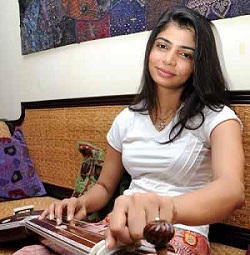 As a part of any film industry, the least an actor or actress could do is put forth the effort to learn the language of the films they are acting in. But some voice artists have a different perspective altogether, and don’t see the practice of dubbing as problematic. When I asked Chinmayi if she ever considered acting since she, effectively, does act with her voice, she replied by saying, “no I am not considering acting at all because I am dubbing; just like I didn’t feel like acting when I saw my song being lip-synced by someone else.”
As a part of any film industry, the least an actor or actress could do is put forth the effort to learn the language of the films they are acting in. But some voice artists have a different perspective altogether, and don’t see the practice of dubbing as problematic. When I asked Chinmayi if she ever considered acting since she, effectively, does act with her voice, she replied by saying, “no I am not considering acting at all because I am dubbing; just like I didn’t feel like acting when I saw my song being lip-synced by someone else.”
Popular voice artists include Rohini, Savitha, Chinmayi, Kanika, and Suchitra. Although this isn’t widely known, actor Vikram is also an established voice artist, having dubbed for Abbas in many of his films.
—Shiromi Raveend

 Shiromi
Shiromi